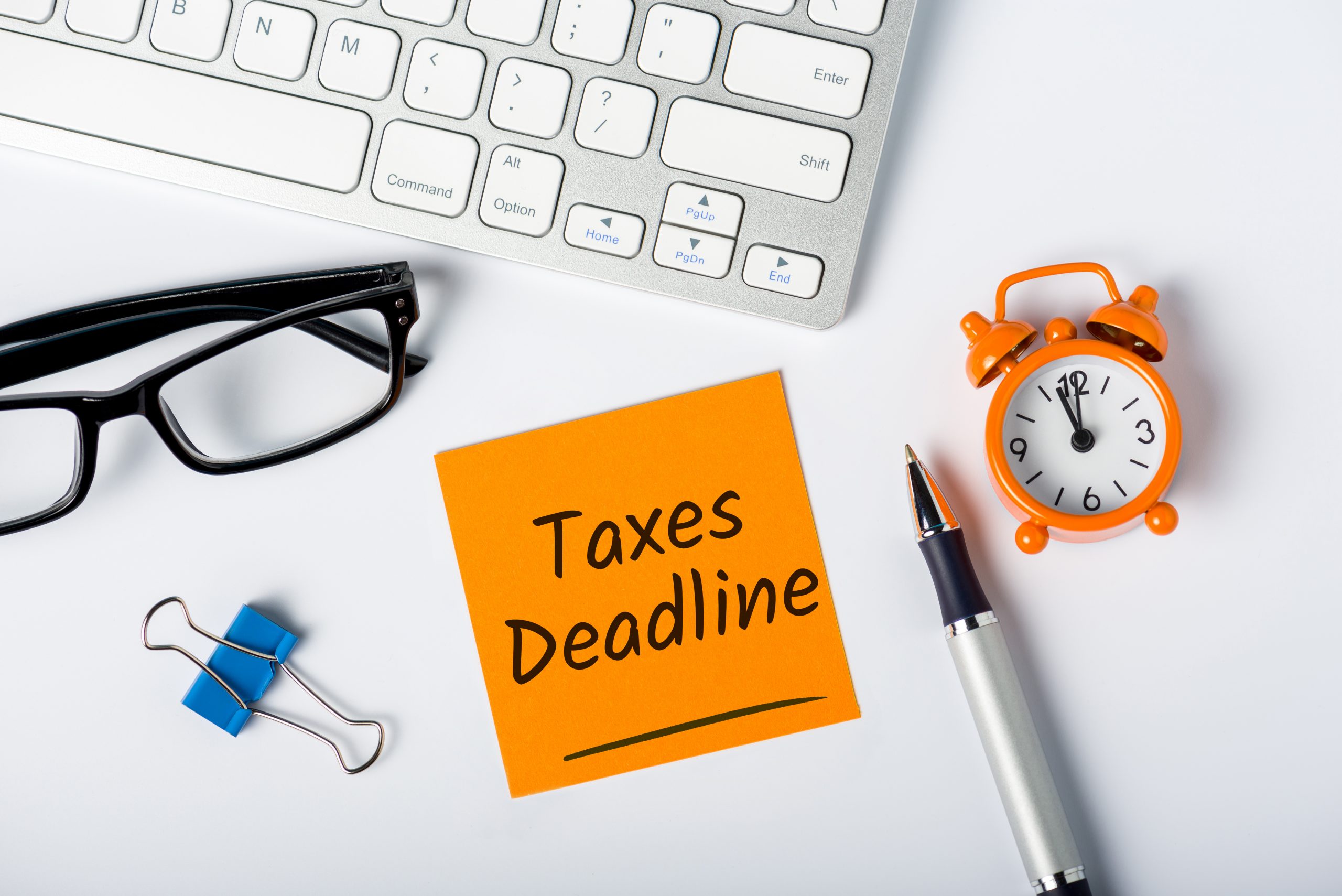- Your self-assessment tax return deadline is due by midnight on 31 January. Last year, 11.1 million people filed a return on time, more than 70,000 were submitted on deadline day, and 26,562 people completed their returns in the final hour.
- The taxman has confirmed that if you have been affected by the pandemic, you can delay completing your return without facing a fine. This could include parents who are homeschooling, those who are ill, and people whose accountants are unwell. However, you will need to complete a form stating why your return is late.
- If you’re rushing to complete your tax return, there are ten useful tips to help you avoid common mistakes and cut your tax bill.
Sarah Coles, personal finance analyst, Hargreaves Lansdown:
This month, we’ve hit peak tax return prevarication. Hundreds of thousands of people put this nasty job off every January, but this year more than ever, it’s easy to see why so many people can’t bear to get started.
Many self-employed people are so worried about their potential bill that they can’t face doing the calculations. Meanwhile, others are so busy juggling running a business with the stress of lockdown, that the extra faff is the last thing they need.
The taxman has confirmed that those hit by the virus, or struggling with onerous home schooling, can put off doing their return without facing a fine. In some cases this will be a lifeline for people who are overwhelmed. However, if you’re able to complete the paperwork in time, you need to do so.
There are some secrets to doing a last-minute tax return, that can make the process simpler, reduce your chances of making expensive mistakes, and cut your tax bill too. Even if you’ve already completed your return, they could pay off, because you have until the deadline to log back in and make changes.
- Check you have access to the system first: Make sure you have your Unique Taxpayer Reference number and can access the Government Gateway right now. You don’t want to fall at the final hurdle.
- Cut the corners you’re allowed. If you work from home or use your own car for work, instead of calculating the actual expenses, you can use flat rates for both.
- Claim for everything you can. This isn’t one of the corners you can cut. Collect together all your receipts and invoices, and use the list on the government website to check you haven’t missed anything https://www.gov.uk/expenses-if-youre-self-employed.
- Estimate if you need to. If you’ve left it too late and there’s some paperwork outstanding, you can submit an estimated return, and update it when the paperwork arrives.
- Don’t rush the pensions bit. This is a really common area for mistakes to happen. Higher rate taxpayers need to check if they have to claim for additional higher rate relief on their pensions. They also need to make sure they enter the gross value of contributions. This isn’t just a total of all the money paid in: it’s everything they paid in, plus tax relief at 20% on top.
- Squeeze the value from your charity donations. Ticking a box to claim Gift Aid means the charity can reclaim 20% tax on your donation from the taxman, but if you’re a higher rate or additional rate taxpayer, you can reclaim the rest of the tax on your donation through your tax return. Only 22% of higher rate taxpayers bother to do it, but it can really add up.
- Do your tax return even if you can’t afford the bill. 31 January will be crunch time, and is going to be especially painful if you put off your payment on account in July. If this year has laid waste to your usual careful plans, then you can do the return now and arrange to pay in instalments. But do it sooner rather than later. If you leave it more than 60 days past the deadline, you can’t set up installments.
- Don’t forget to pay. You’d be surprised how many people are so focused on the admin that they forget this bit. It’s also important to think about your payment method. The payment can clear on the same day if you pay by debit or credit card, but will sometimes take a day to go through. If you pay by BACS or direct debit it can take three days (or five days if this is the first time you have paid HMRC by direct debit).
- Go back and check it. Make sure you’ve completed every relevant section and input all the details. If you’re unsure of something, check the rules on the HMRC website. It’s far better to take the time now than run into problems later because you made a mistake.
- Change previous years’ returns: If you’ve stumbled across something you should have been claiming for in previous years, you can amend returns going back four years.
Make sure next year’s tax return is easier
Once you’ve submitted your return, it’s tempting to try to forget about it all for another year. But now is the time to make changes so you never have to go through this kind of stress again. If you have investments, putting them in an ISA doesn’t just cut a potential tax bill, but it also makes life simpler, because you don’t have to worry about declaring dividends or profits. It’s also worth considering consolidating savings, pensions and investments so there’s less paperwork – as long as you’re not giving up any valuable guarantees in the process. And if the whole thing was just too horrible, you have plenty of time to track down a good accountant.
















